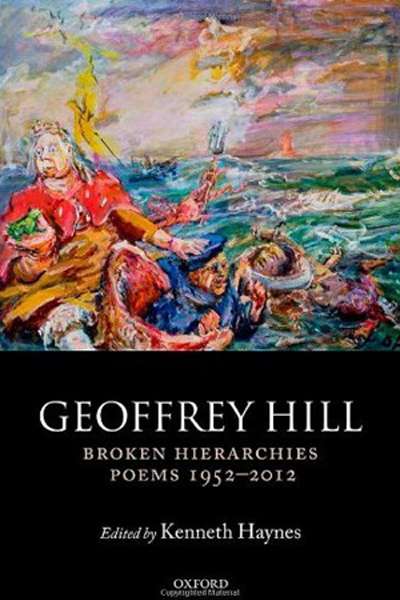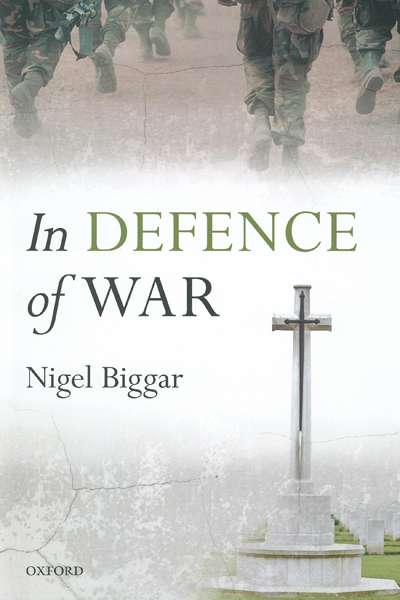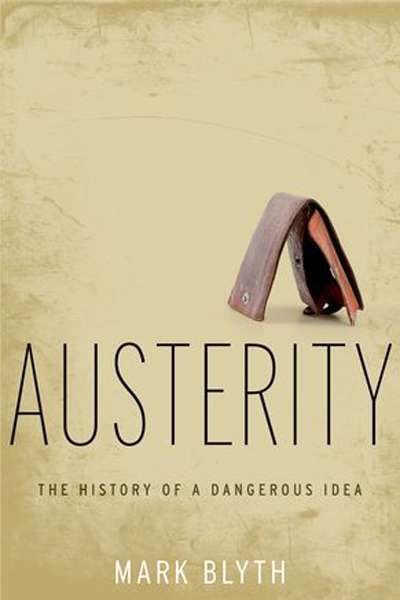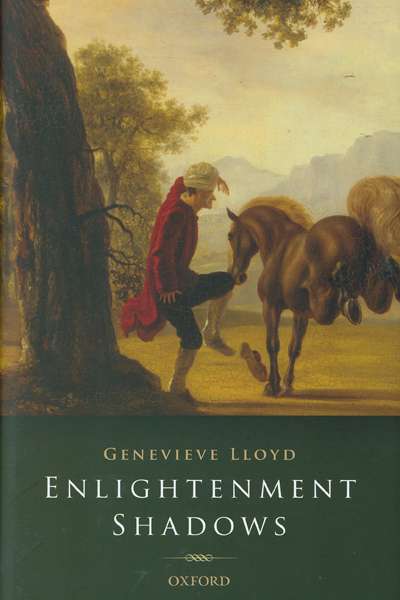Oxford University Press
Broken Hierarchies: Poems 1952-2012 by Geoffrey Hill
by Bridget Vincent •
Antipodean America: Australasia and the constitution of U.S. Literature by Paul Giles
by Philip Mead •
Balanchine and the Lost Muse: Revolution and the Making of a Choreographer by Elizabeth Kendall
by Dina Ross •
The Roar of the Lion: The Untold Story of Churchill’s World War II Speeches by Richard Toye
by Robin Prior •
English as a Vocation: The Scrutiny movement by Christopher Hilliard
by Alexander Howard •










